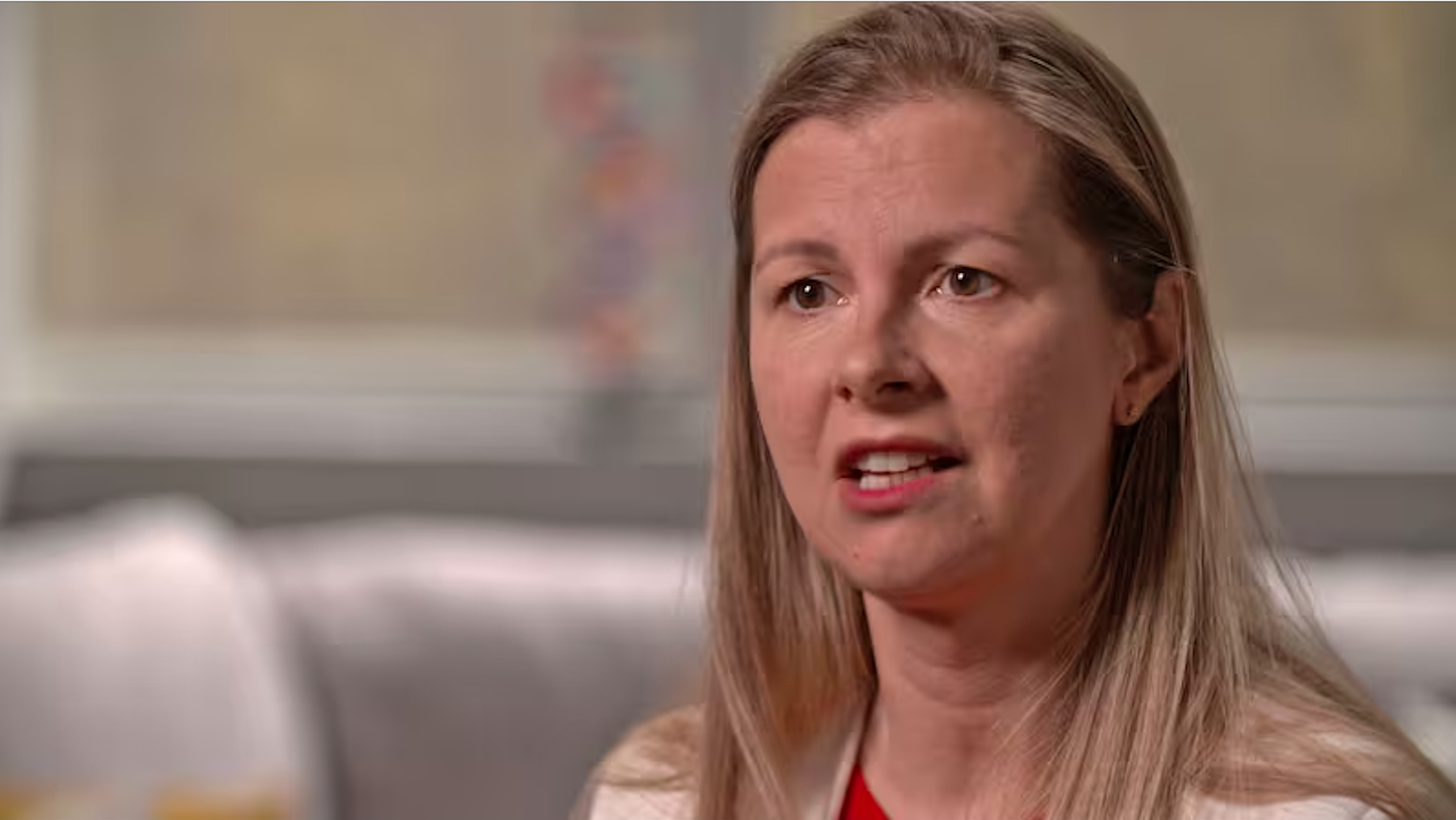
Deep tech is big sky thinking that could transform our economy
with processes that disrupt regular industrial methods. But, as
Sunday’s Tania Page found out
Dairy milk powder without cows

Daisy Lab is a deep techcompany based at Outset Ventures in the heart of Auckland. It’s an all-woman crew who have figured out how to make milk powder without cows. It’s possible using precision fermentation which has been used for decades to makeinsulin, vanilla essence and rennet — for cheese.
Co-founder and chief executive Irina Miller said that once milk powder, our biggestdairy export product, can be mass produced it will be a game changer.
“You don’t need green pasture, you don’t need land, you need minimal water. It canhave quite serious implications for our exports because just overnight they might notbe required.”
But for now the technology is locked in the lab because it uses genetic modificationand a process perfected by co-founder and chief operations officer Emily McIsaac.
“It sounds a lot scarier than it is,” she said. “We take a friendly micro-organism,something like baker’s yeast, and then you take a piece of DNA. That DNA encodes forthe protein you want to produce.”
Because of the very specific conditions McIsaac has created which enable themicroorganism to live, it can’t survive outside the fermenters and she said there’s notrace of it in the final product.
Miller is still positive the company will thrive, despite the local restrictions.
“Our plan is actually not necessarily to sell bulk ingredient proteins, our plan is actuallyto sell the technology, our knowledge.”
But both women acknowledge that consumers and farmers may find the technologythreatening although McIsaac said there’s no way they’ll be able to replace whole milkfrom cows, they’re just able to produce the individual proteins.
Dairy giant Fonterra is already investing in similar technology overseas and Miller saidit could be 10 years before milk protein powders can be mass produced but we can’tafford to be left behind.
“It could be threatening to farmers to have this technology, but it would be evenmore threatening not to have it.”
For the Government’s part, Minister of Science, Innovation and Technology JudithCollins is planning to introduce a bill to Parliament by the end of the year to updateour regulations.
“I am committed to better enabling, encouraging and embracing key areas of science,technology and innovation that have the potential to take New Zealand to the nextlevel,” Collins said.
